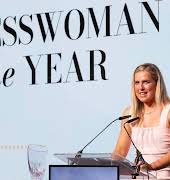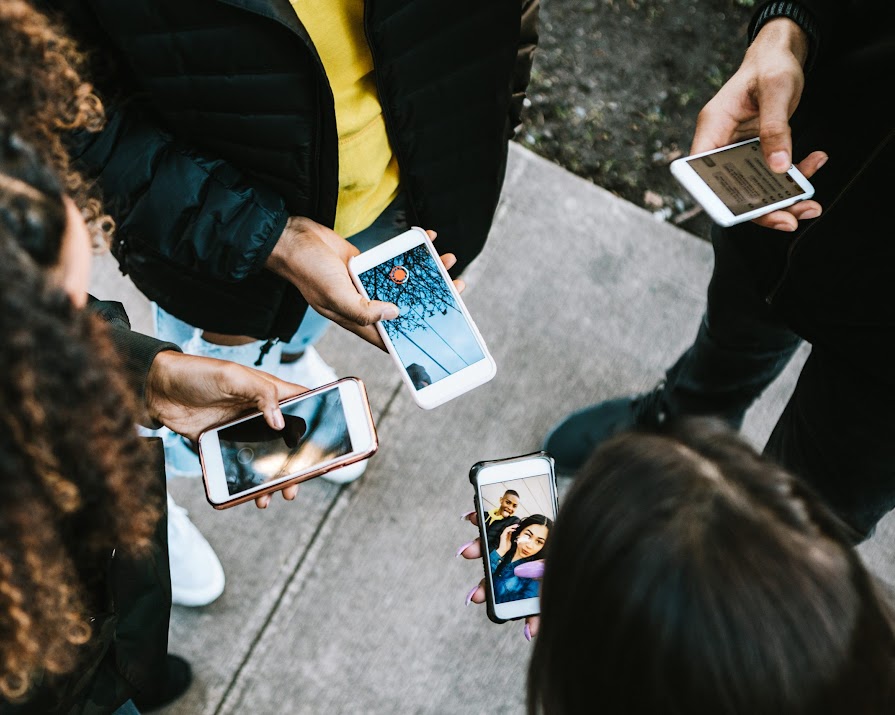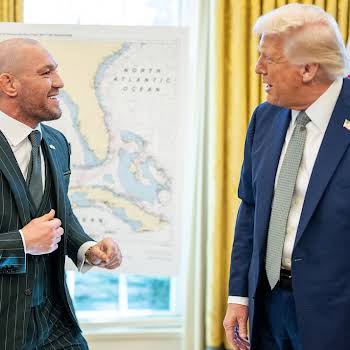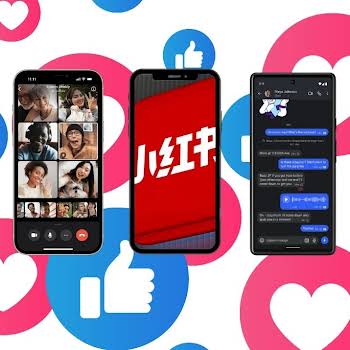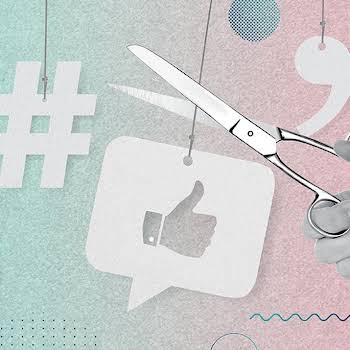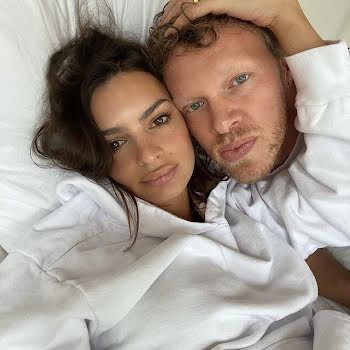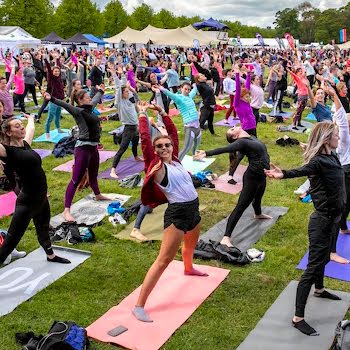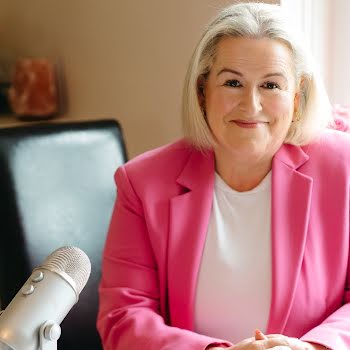
Social media in a pandemic: Our need for approval is in overdrive and it’s not healthy
By Niamh Ennis
17th Apr 2021
17th Apr 2021
As awarding-winning musician Lecrae puts it, “If you live for people’s acceptance, you will die from their rejection”.
I think we can all agree that it is entirely reasonable for us to want our ideas, opinions, choices, achievements, or points of view validated by those around us. It’s natural and human for us to want that.
It is, after all, one of the very first lessons that we learn as children, when we do something good we receive praise and acknowledgement from our parents. We realise that recognition, which quickly becomes validation, is something we should always aim towards. It becomes our compass. If we are behaving correctly we achieve it. If we aren’t, we don’t. Sounds straightforward, right?
Yet, it’s our journey through life, and our need for approval and validation, that requires some further investigation here.
Advertisement
Validation
To understand it better, let’s remind ourselves of the difference between external validation; which is the acceptance, acknowledgement and recognition of someone else’s experience, and self-validation; which reflects our own ability to acknowledge and recognise our personal and internal experience.
It’s important to note that self-validation doesn’t mean adopting someone else’s thoughts as our own, it merely recognises that these experiences are real and valid because they are yours.
Approval, or validation, is part of our everyday life and therefore relying on the feedback and encouragement of others should not always be seen as a sign of weakness, or something we should be ashamed of. Independent, confident people still need validation in certain aspects of their life; however, what makes them stand out is that they are also able to source and receive their own self-validation if, and when, they’re unable to get it from others.
When self-approval isn’t possible or achievable, there’s an increased risk that we might experience new challenges or difficulties. Put simply, if someone rates the approval or the opinions of someone else, ahead of their own, they’ll quickly find that they become dependent on their approval on a repeated basis.
In handing over such power to someone else they are disabling their own.
We’re all more than familiar with the impact that social media is having on our lives and especially on our mental health. The idea that the portrayal of a stranger’s, apparently ‘perfect life’, causes us to question our own, no matter how many times we are told it’s only a snippet and not reflective of reality, will never cease to be problematic.
Yet I believe what this highlights is our automatic tendency to compare an artificial and edited representation of someone else’s life with our own full-bodied, colourful and beautifully imperfect life?
Why are always we so quick to ignore what we have in favour of what we convince ourselves, would make our lives more perfect? “If only I had X I would feel Y”.
Advertisement
Is external approval from anyone better than internal recognition of our own successes? (I think we know the answer to this and I’m not here to judge but I am here to get you to as yourself why?)
Why do we need the approval of others so much? What is that telling us about who we are and how we show up in the world?
How can we avoid this turning into a full-blown addiction that will have negative impacts on our self-esteem and how we continue to view ourselves.
Reclaiming control
How can we reclaim our power and rely much more on how we rate ourselves rather than waiting to be recognised by others first?
The first step in removing the need for validation from others begins with understanding the type of approval that you’re searching for. Are you waiting to hear that you are the best performer at work, the one with the most social media followers, the ideal friend or partner, the kindest daughter or mother? When you can identify quickly that you’re doing something simply to receive external approval it helps you to consider what an alternative might look like.
Some practical ways to start doing this might include:
Advertisement
OBSERVE YOURSELF Examine closely what you are doing and saying. Look for ways you could improve on these. Focus on your own gifts, skills, abilities. What do you have to offer yourself? What evidence can you draw on that you’ve done good things in your own life and had your own independent successes?
STEP BACK FROM SOCIAL MEDIA Not an easy one, I know. The FOMO is real, but think about it as a temporary withdrawal. This may stop you from comparing your life to theirs as well as giving you a chance to breathe and go within. Remember that seeking approval only becomes problematic when it is all you focus on. By removing it from your immediate radar you’re reducing the number of times you feel inadequate. Try and mute or unfollow anyone on social media (or in real life!) who is not making you feel good about yourself, even if it’s not their intention.
BUILD ON YOUR OWN SELF APPROVAL Acknowledge when you do something because it felt right for you. Start a daily practice of writing down one thing you did that day that you feel proud of yourself. It could be to do with choices that you made, decisions you took, opinions you expressed or saying no when you meant it. Recognise and record it.
RELEASE THE NEED TO SEEK VALIDATION FROM OTHERS It may seem obvious to state this, but you need to practice letting go of seeking validation for your choices. Observe how you feel when you begin to rely on your own intuition for answers. Watch how you’re speaking to yourself.
Be honest, are you looking for sympathy, are you seeking approval that you said or did the right thing, are you hoping for validation that you made the right decision or are you just looking to share with someone?
YOU DECIDE In its place, remind yourself that it is always your choice and forever your decision and tune in to how that makes you feel inside. Let that be your guide. It may take a little practice but do stick with it!
Advertisement
Niamh Ennis is Ireland’s leading Transformation Coach and Founder of The RESET for Change 3 Month 1:1 Private Coaching Programme and host of The TOUGH LOVE ENERGY™ Podcast. She’s known for her practical solutions to life’s challenges and her ability to tell you not what you want to hear but always what you need.





